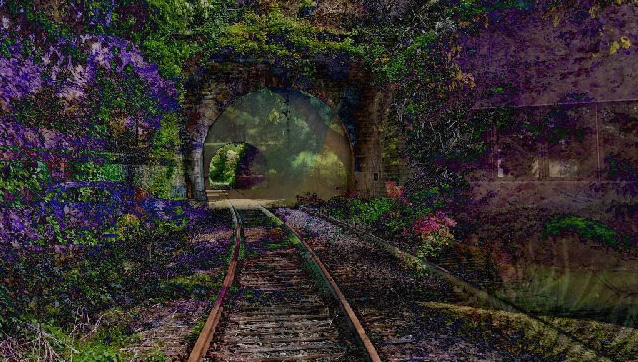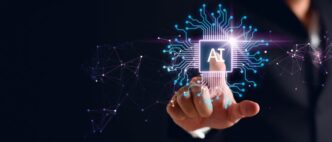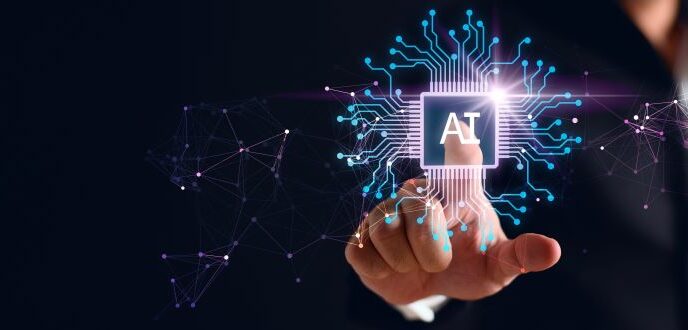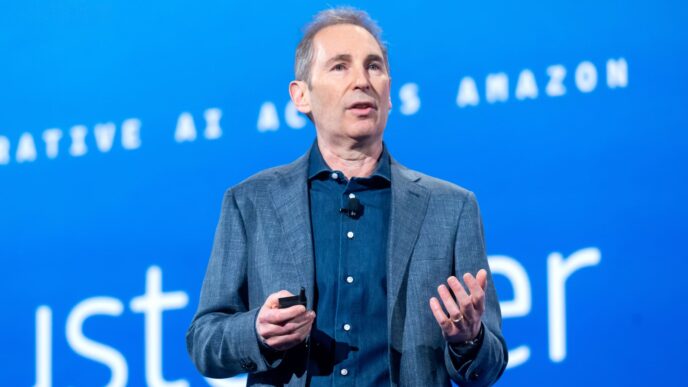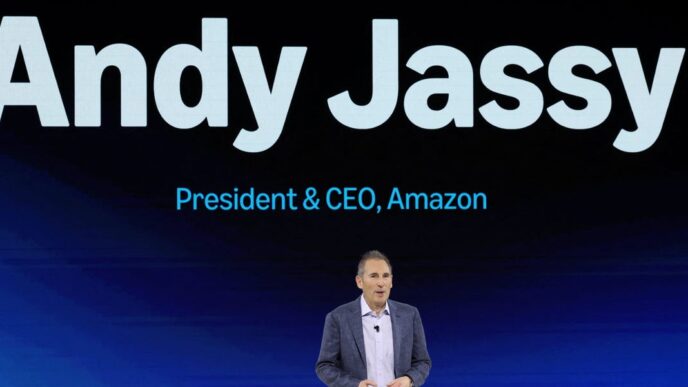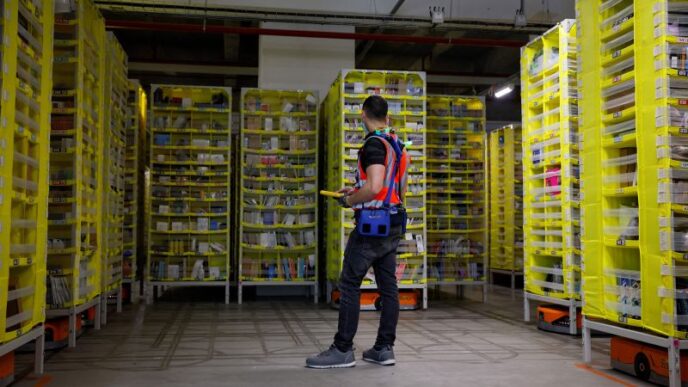Kits AI just lost a major court battle. The US Court of Appeals for the DC Circuit ruled on March 18, 2025, that AI-generated works can’t be copyrighted. The court said only humans can be authors under the US Copyright Act.
The issue started with Dr. Stephen Thaler and his AI, the “Creativity Machine.” It created a picture called A Recent Entrance to Paradise. Thaler tried to register copyright listing the AI as the sole author. The US Copyright Office immediately refused, citing lack of human authorship.
Thaler appealed all the way to the DC Circuit. The court unanimously backed the Copyright Office’s stance. Circuit Judge Millett wrote:
“cannot be the recognized author of a copyrighted work because the Copyright Act …
requires all eligible work to be authored in the first instance by a human being”
The ruling aligns with past cases like the 9th Circuit’s decision rejecting copyright for a monkey’s selfie and the Copyright Office’s 2023 AI policy guidance. The Copyright Office insists:
“will refuse to register a claim if it determines that a human being did not create the work”
The court didn’t weigh in on whether AI art is good or bad, only who can claim copyright. It also left open questions about works co-created by humans and AI. Plus, it dodged Thaler’s claim that the human authorship rule is unconstitutional.
Bottom line: Fully AI-generated content has no copyright protection. Human creativity still rules the copyright system—for now.
If you’re using AI tools to make art, music, or writing, be extra careful how you claim authorship. The Copyright Office recommends crediting humans involved, not the AI itself.
Congress might change the law someday. But for today, the DC Circuit’s ruling is clear: AI can’t own copyrights—only humans can.
Source: Copyright Review Board’s Decision

